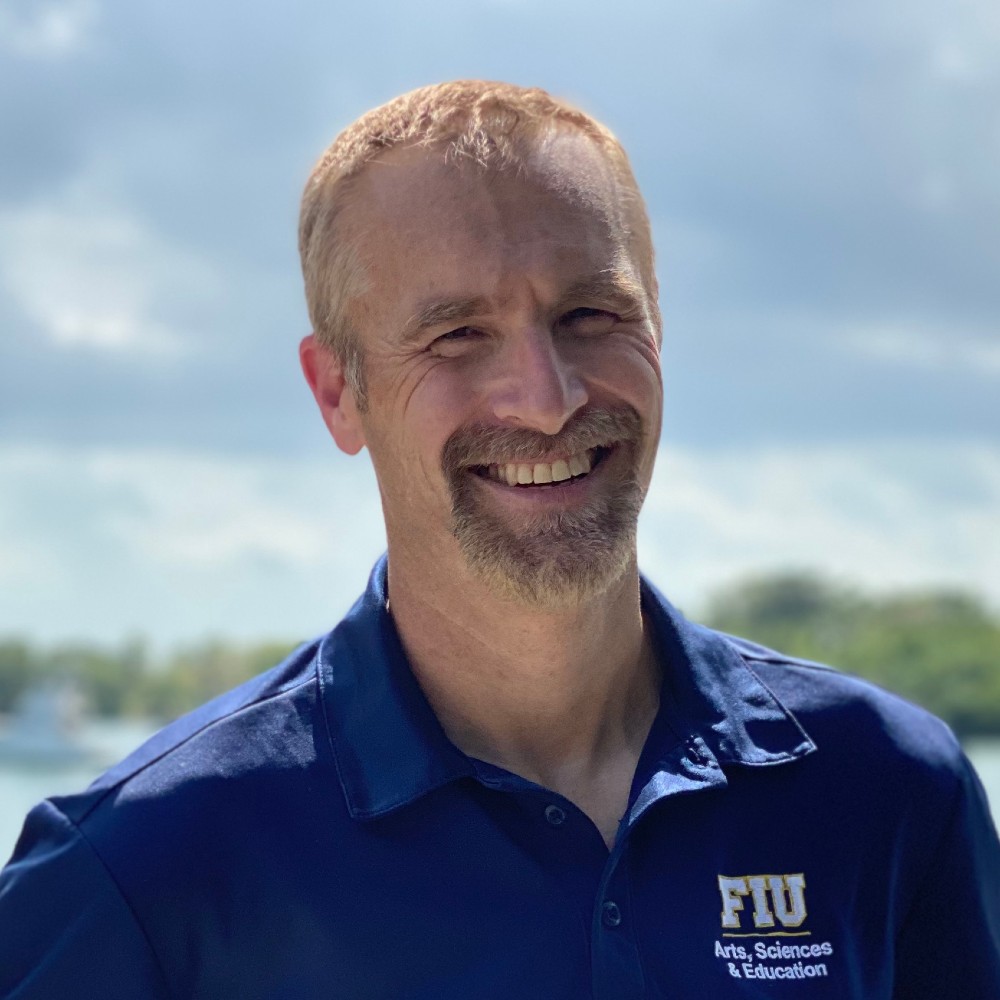Dr. Mike Heithaus is dean of the College of Arts, Sciences & Education (CASE) and Professor in the Department of Biological Sciences at Florida International University (FIU). A marine ecologist specializing in predator-prey interactions and the ecological importance of sharks and other large marine species, Heithaus is the principal investigator and co-principal investigator on grants totaling $28 million. His research leverages a number of cutting-edge technologies, including drones and animal-borne cameras, to unravel the mysterious lives of hard-to-study marine creatures. His work in Shark Bay Australia is the most detailed study of the ecological role of sharks in the world. Working with several prominent non-governmental organizations, it has been used as the underpinning for affecting positive policy changes.
Prior to joining FIU, Heithaus was a scientist at Mote Marine Laboratory's Center for Shark Research. He also worked with National Geographic's Remote Imaging Department where he conducted studies using their "Crittercam." Heithaus has been involved in the production of more than a dozen natural history documentaries, including two featured on Shark Week, and has hosted a National Geographic Channel television series. He has dedicated his career to bringing the excitement of scientific exploration and discovery to audiences of all ages. He received a B.A. in Biology from Oberlin College in 1995 and completed his Ph.D. at Simon Fraser University in 2001.
Twitter - @MikeHeithausResearch Areas
My research is focused on understanding how predator-prey interactions structure communities with a particular focus on the role of non-consumptive predator effects ("risk effects"). I am particularly interested in the role of upper trophic level marine predators in their communities and ecosystems, and how ongoing reductions in their populations are likely to impact marine communities. Recently, I have also begun investigating the importance of individual foraging specializations on mediating the ecological impacts of predators, particularly their role in transporting nutrients across ecosystem boundaries.
